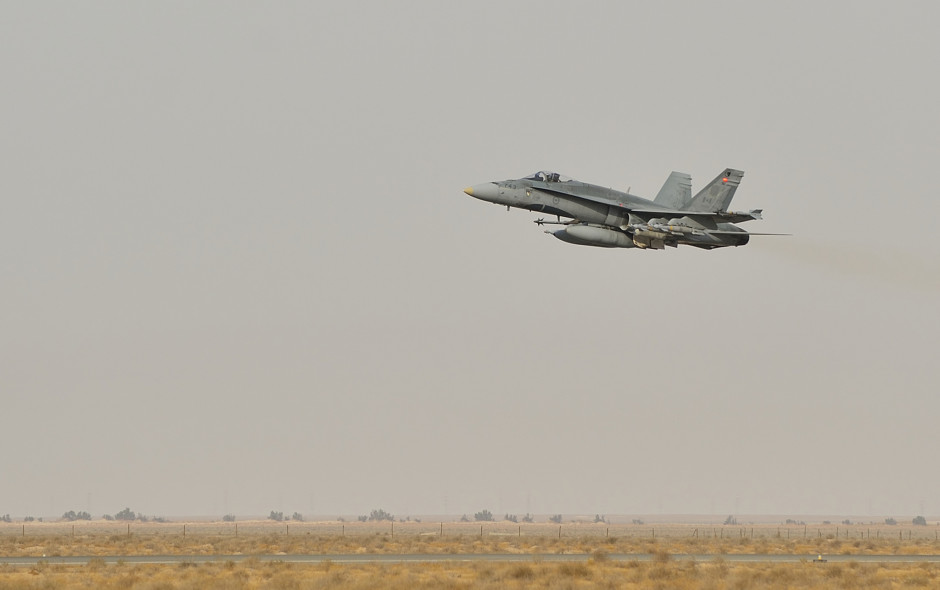As expected, Canadian Prime Minister Justin Trudeau has redefined Canada’s role in the U.S.-led military campaign to degrade and defeat Islamic State in Iraq and Syria.

On February 8, at a press conference in Ottawa, he announced that Canadian advisors will no longer be involved in a combat mission in the Middle East. Instead, Canada will focus on achieving two objectives over the next three years: training local forces, particularly in Iraq, and providing humanitarian and development assistance to build stability in a perennially chaotic region.
Trudeau disclosed that the program will cost $1.6 billion.
“I’m proud of the mission we’ve put forward,” he said, flanked by Defence Minister Harjit Sajjan and Foreign Minister Stephane Dion.
Fulfilling an election campaign promise, Trudeau confirmed that six CF-18 jets will cease airstrikes and be brought back to Canada by February 22. He also said that the number of trainers helping Kurdish peshmerga fighters in northern Iraq will be tripled from 69 to a little more than 200. All told, Canada’s military force arrayed against Islamic State will be increased from 650 to 830.
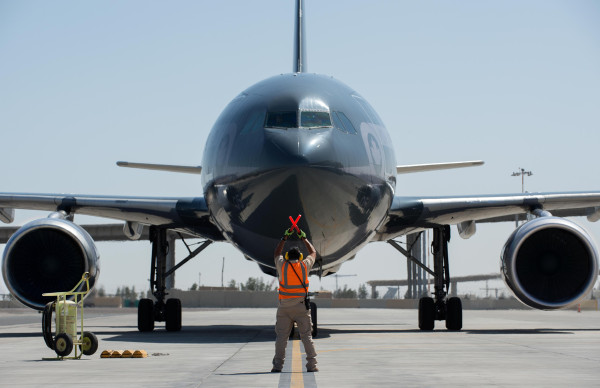
While Canada’s contingent of pilots and ground crews will be sent home, two CP-140 Aurora surveillance aircraft and one CC-150 Polaris air-to-air refuelling plane will remain in place, the newly-minted prime minister noted.
In theory, Canada’s reconfigured mission sounds just fine. Indeed, U.S. President Barack Obama “welcomed” Canada’s contribution.
But Trudeau still has a lot of explaining to do, having been far too vague and nebulous until now. Two central issues require clarification — the real nature of Canada’s role in Iraq and the reason why the Kuwait-based CF-18s are being withdrawn.
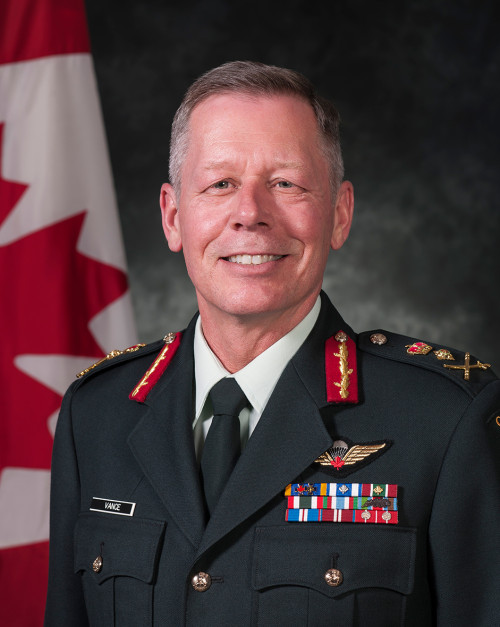
Three days ago, the chief of the Canadian Defence Staff, General Jonathan Vance, claimed that Canada will participate in a non-combat mission. As he put it, “We are not the principal combatants here. We are supporting those who are.”
That’s a disengenuous argument, to say the least.
First, the surveillance planes and refuelling aircraft scheduled to be left behind are intended to support the coalition’s bombing raids.
Second, Canadian trainers stationed in Iraq will continue to carry on with their official duties — directing airstrikes and participating in attacks against Islamic State. As Trudeau himself said, “We will be supporting and empowering local forces to take their fight directly to ISIL (Islamic State), so that kilometre by kilometre, they can reclaim their homes, their land and their future.”
General Vance has admitted that the influx of more Canadian troops carries a greater degree of risk. “We’re putting more people on the ground,” he said. “It’s dangerous, it’s a dangerous place to work.”
True enough.
Last year, a Canadian special force advisor, Sergeant Andrew Doiron, was fatally shot by Kurdish fighters in a friendly fire incident that underscored the dangers that Canadian soldiers face in Iraq.
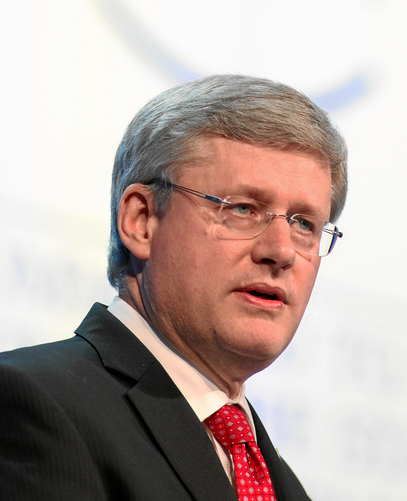
Trudeau has yet to satisfactorily explain why the CF-18 jets are being removed from the battlefield. Dispatched to the Middle East 18 months ago by the former Conservative government of Prime Minister Stephen Harper, the CF-18s have conducted 1,344 sorties and performed well.
General Vance recently acknowledged that the air war against Islamic State, targeting infrastructure and senior commanders, has had a demonstrative effect. The airstrikes have cut into its ability to manoeuvre in significant numbers and have had a negative impact on its morale. As a result of these factors, he suggested, the reconstituted Iraqi army succeeded in recapturing the city of Ramadi from Islamic State.
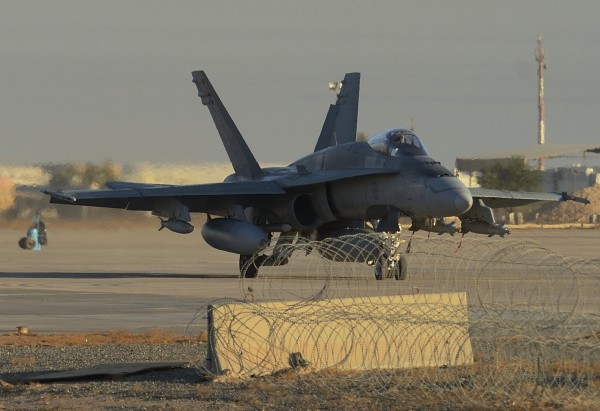
The six CF-18s admittedly represent a drop in the bucket, merely two percent of the airpower available to the 65-member coalition bombing Islamic State bases, camps and convoys. But this statistic is irrelevant. The CF-18s are symbolically important, as they represent Canada’s concrete commitment to confront Islamic State, a jihadist organization which must be eradicated.
Why, then, was Trudeau’s Liberal Party government so eager to withdraw them without even bothering to offer a logical explanation? To date, neither Trudeau nor any of his senior cabinet ministers, including Harjit Sajjan, have given Canadians a crystal clear rationale for doing so.
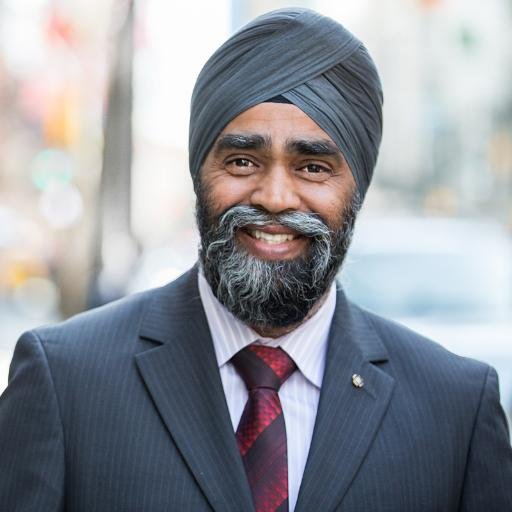
What they’ve offered in spades is Orwellian doublespeak. Canadian policy thus comes across as muddled and long-winded when it should be unambiguous and concise.
The majority of Canadians endorse airstrikes. According to a recent Angus Reid survey, only 27 percent of respondents backed Trudeau’s ill-conceived decision to withdraw the CF-18s.
Since Trudeau has made up his mind and commands a majority in parliament, he can do whatever he pleases. But he should know that he’s made an egregious mistake in deciding to withdraw the jets, and that he’s fooling no one by pretending that Canada is not engaged in a combat mission in the Middle East.
